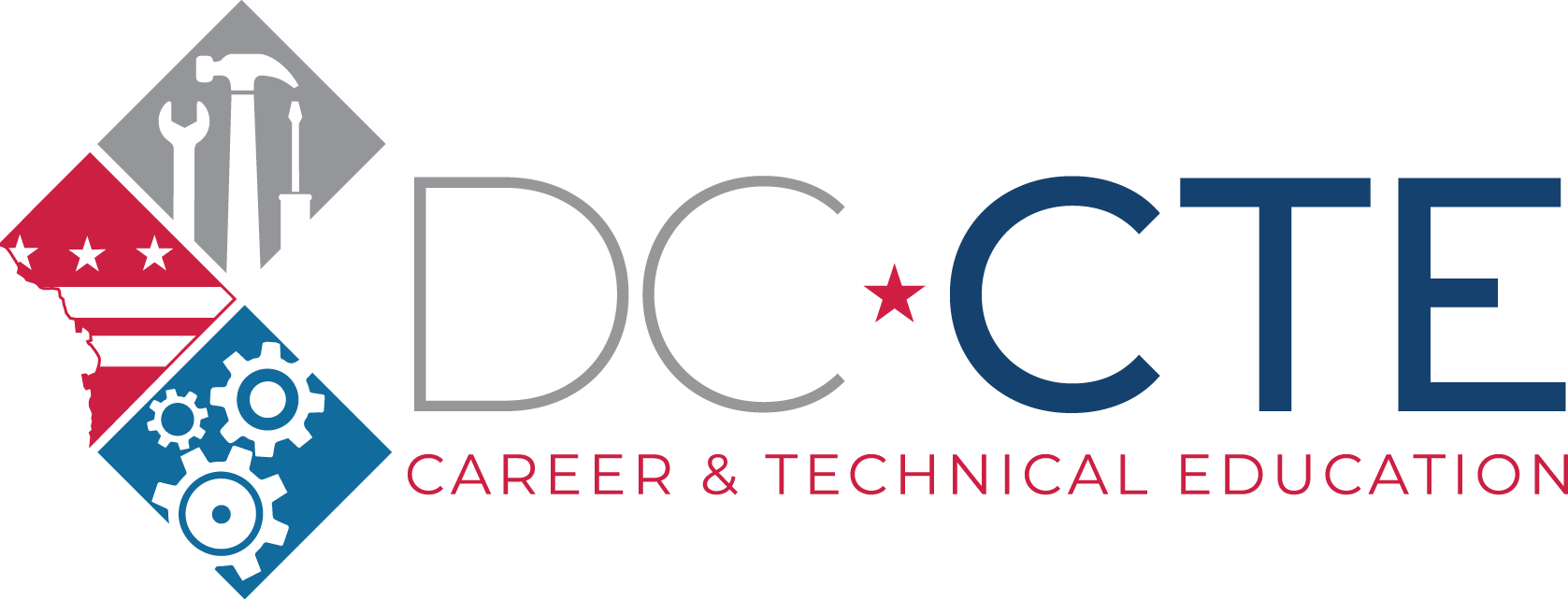Architecture & Construction
The Architecture & Construction career cluster focuses on careers in designing, planning, managing, building, and maintaining the built architecture and construction environment.
Home » Programs » Architecture & Construction
The Architecture & Construction career cluster focuses on careers in designing, planning, managing, building, and maintaining the built architecture and construction environment.
Architects design buildings both inside and out. To do that, they consult with their clients to create plans; find contractors; prepare blueprints; decide on materials; equipment and cost estimates; and supervise construction. Today’s architects are also knowledgeable about “green design” to build eco-friendly structures.
Now is a good time to consider a career in architectural design. Demand is projected to jump 8 percent nationwide by 2028—faster than the average for all jobs—as many school districts, universities and healthcare providers are likely to build new facilities or renovate existing ones. Architects make $70K per year on average in the DC metro area. Entry level jobs require a bachelor’s degree. And there are 213 job openings annually in the DC metro area. For more information on LMI data click here.
Principles of Architecture
Architectural Design I
Architectural Design II
Practicum in Architectural Design
Carpenters are skilled craftsmen who fabricate, construct, erect, install, and repair structures and fixtures made from wood and other materials. Carpenters are involved in many different kinds of construction, from the building of highways and bridges to the installation of kitchen cabinets.
Carpenters make $66K per year on average in the DC metro area. Entry level jobs require a high school diploma or equivalent. And there are 1,242 job openings annually in the DC metro area. For more information on LMI data click here.
Principles of Construction
Construction Technology I
Construction Technology II
Practicum in Architectural Design
Construction managers oversee the planning, design and construction of a building project. They are responsible for controlling the project management triangle—time and delivery, cost and quality.
When you consider that the demand for construction managers is projected to grow 10 percent by 2028, this is an excellent career option. Construction managers make $79K per year on average in the DC metro area. Entry level jobs require a bachelor’s degree. And there are 491 job openings annually in the DC metro area. For more information on LMI data click here.
Principles of Construction
Construction Technology I
Construction Technology II
Practicum in Architectural Design
Electrical technology deals with all machines, tools, devices and systems in which a current, or a flow of electrons, takes place. In this field, you’ll work on the day-to-day wiring, repair and maintenance of electrical systems found in homes, offices and commercial/industrial settings. If you think you’ll like working at different locations, keep in mind that electricians often go to various sites, from a few days to months at a time.
Homes and offices will have a constant need for electrical wiring. This constant demand is driving a jump in electrician jobs by 10 percent by 2028. Electricians make $47K per year on average in the DC metro area. Entry level jobs require a high school degree or equivalent. And there are 1,563 job openings annually in the DC metro area. For more information on LMI data click here.
Principles of Construction
Electrical Technology I
Electrical Technology II
Practicum in Architectural Design
HVAC techs work on heating, ventilation, cooling and refrigeration systems that control the temperature and air quality in homes, offices and factories. As an HVAC tech, your typical duties will include installing electrical components and wiring, repairing worn parts and performing maintenance checks to improve system performance.
Two things are driving the 13 percent growth projection in HVAC jobs by 2028: a strong market for new home and office construction and the need to replace the aging techs (average age: 54) who are retiring soon. HVAC technicians make $45K per year on average in the DC metro area. Entry level jobs require completion of an apprenticeship program or industry-recognized certification or credential. And there are 563 job openings annually in the DC metro area. For more information on LMI data click here.
Principles of Construction
Heating, Ventilation, Air Conditioning, and Refrigeration I
Heating, Ventilation, Air Conditioning, and Refrigeration II
Practicum in Construction Technology
Plumbers install and repair all of the systems in your house that allow water and gas to flow in and out. While folks generally see only the end fixture—the toilet, the kitchen sink or the AC unit—plumbers go behind your walls to create and repair a carefully arranged maze of pipes, valves and fittings that allows those systems to work.
The market for plumbers (including pipefitters and steamfitters) is projected to grow 14 percent by 2028, much faster than the average for all jobs. Plumbers make $43K per year on average in the DC metro area. Entry level jobs require a high school diploma or equivalent. And there are 491 job openings annually in the DC metro area. For more information on LMI data click here.
Principles of Construction
Plumbing Technology I
Plumbing Technology II
Practicum in Construction Technology
Office of the State Superintendent of Education (OSSE)
Government of the District of Columbia
1050 First St. NE Washington, DC 20002
